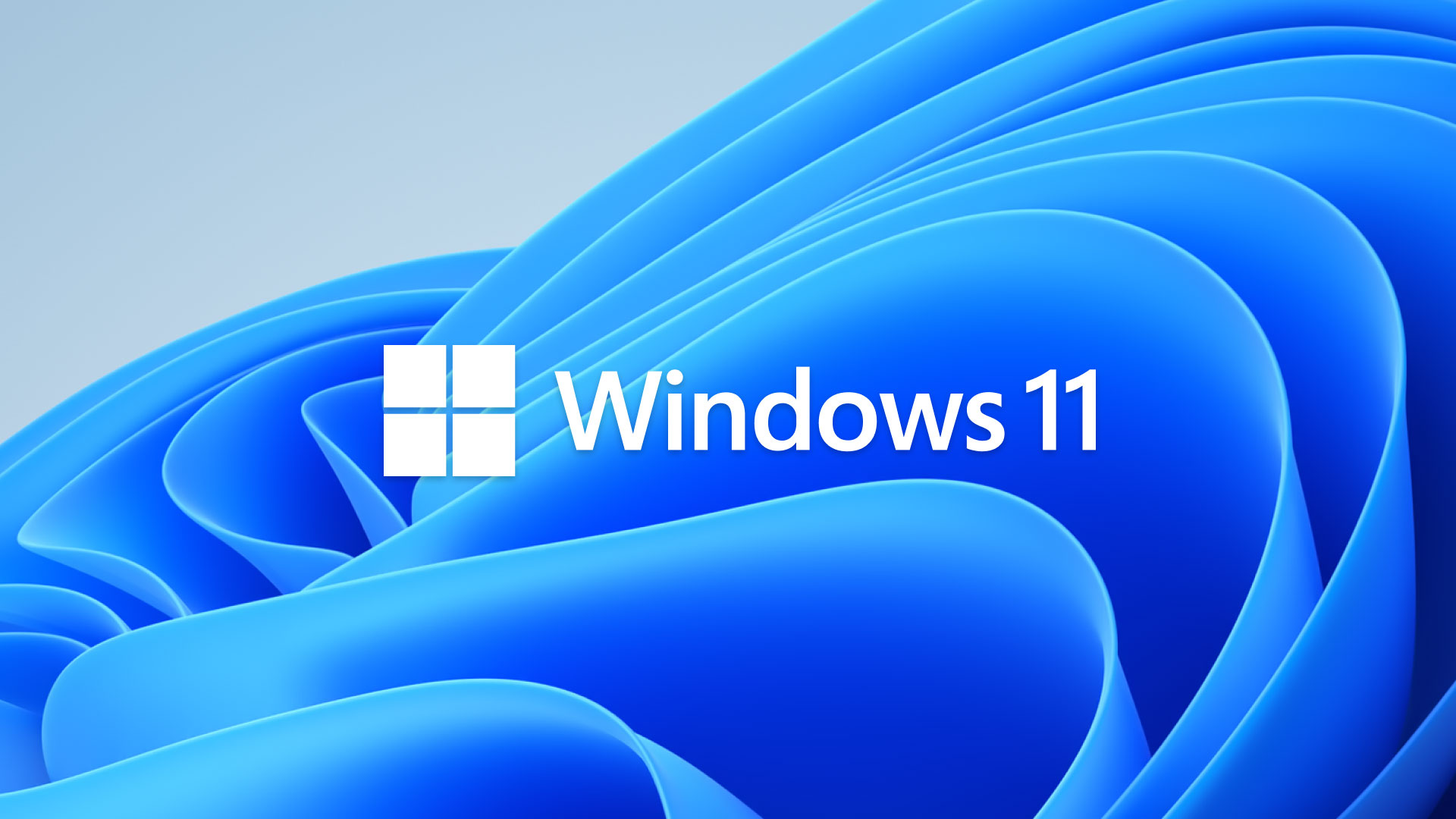Windows 11 Enterprise enhancements are here - and the AI enhanced Windows Autopatch is a gamechanger
Windows Autopatch is now the single point for enterprise system updates

Sign up for breaking news, reviews, opinion, top tech deals, and more.
You are now subscribed
Your newsletter sign-up was successful
The latest Windows 11 updates are here, and it's big news for enterprise customers worrying about dealing with countless confusing patch updates.
Microsoft has introduced a new unified update solution by combining Windows Update for Business with Autopatch, and unsurprisingly, has also thrown in some AI for good measure.
This single service provides full organization maintenance across multiple Microsoft products, increasing enterprise security and minimizing fragmented updates.
Less hassle, more control
Windows Autopatch will allow businesses to roll out updates to Windows PCs, Microsoft 365 applications, Edge, and Teams through one unified solution, with an AI update programming capability that will significantly reduce the hassle and impact on business productivity.
Earlier in February 2023, an Autopatch update introduced the importing of Intune Update rings from Windows 10 and later into Autopatch Manager, automatically registering devices without impacting update schedules or the need to redeploy existing update rings.
Microsoft is also introducing passwordless authentication to your Cloud PC with a new dedicated mode on Windows 365 Boot. There are also additional enhancements to Windows 365 Switch which means you can jump on to your Cloud PC from the Windows 11 Task view, and easily see if you are on your cloud or local PC with a desktop indicator.
The March 2024 update will make these updates available as an optional non-security preview release for all editions of 23H2 and 22H2 versions of Windows 11.
Sign up to the TechRadar Pro newsletter to get all the top news, opinion, features and guidance your business needs to succeed!
To make the most of these enhancements, navigate to Settings, Windows Update, and then turn on “Get the latest updates as soon as they’re available.”
Microsoft is also introducing AI to its Azure platform to help reduce the number and impact of spam and scam calls on customers. The Operator Call Protection will use AI to analyze the spoken content of phone calls to determine if the call is potentially malicious, and then provide a warning to the operator.
The tech giant has come under fire from regulators and competitors in recent weeks over it's alleged uncompetitive business practices, which include its partnership with OpenAI, it's investment in smaller tech firms, and restricting its customers from using competitors security platforms.
More from TechRadar Pro

Benedict has been with TechRadar Pro for over two years, and has specialized in writing about cybersecurity, threat intelligence, and B2B security solutions. His coverage explores the critical areas of national security, including state-sponsored threat actors, APT groups, critical infrastructure, and social engineering.
Benedict holds an MA (Distinction) in Security, Intelligence, and Diplomacy from the Centre for Security and Intelligence Studies at the University of Buckingham, providing him with a strong academic foundation for his reporting on geopolitics, threat intelligence, and cyber-warfare.
Prior to his postgraduate studies, Benedict earned a BA in Politics with Journalism, providing him with the skills to translate complex political and security issues into comprehensible copy.